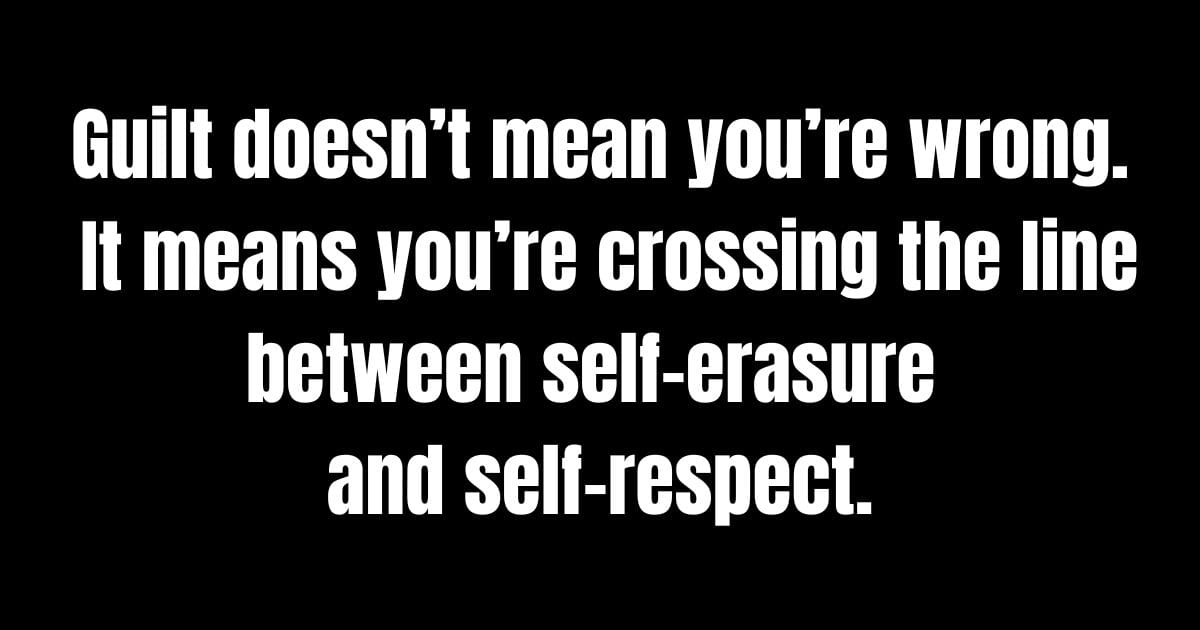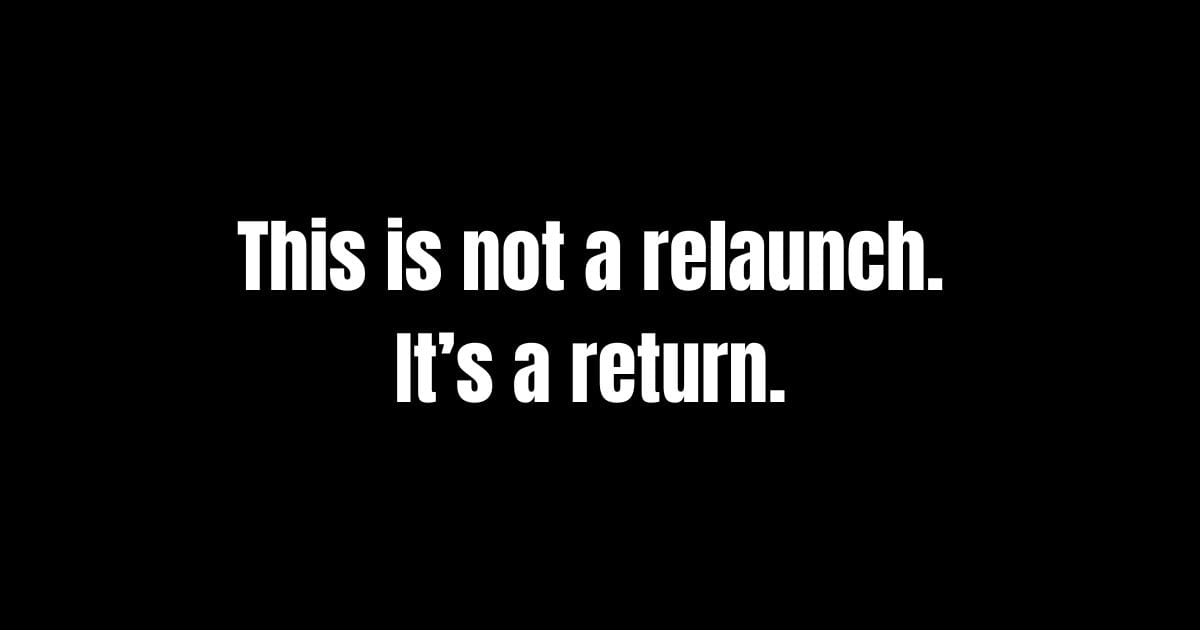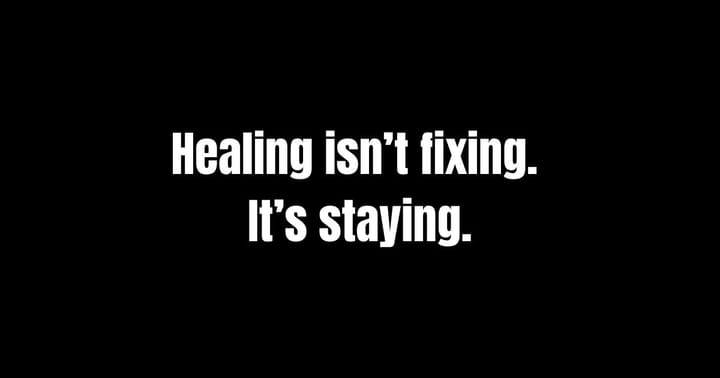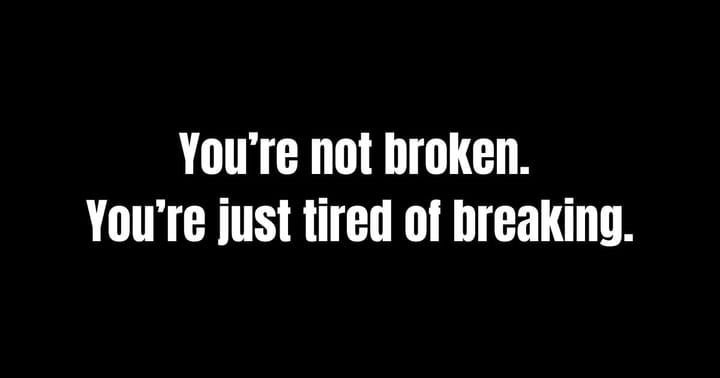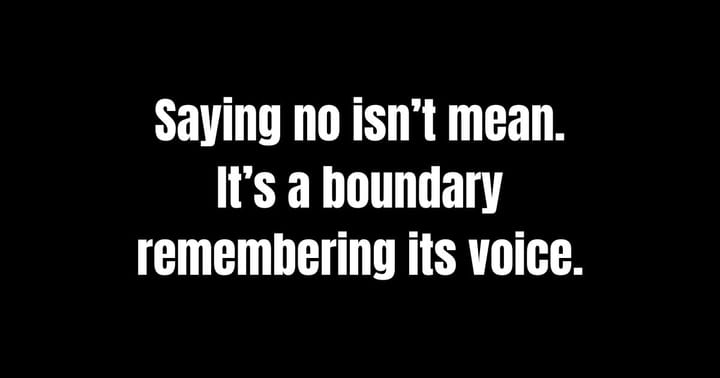How to Leave Without Explaining Yourself
Not every exit needs a justification. If you’ve outgrown the dynamic, the job, the relationship or the version of you that tolerated it here’s what it means to leave without explaining, proving, or performing closure.
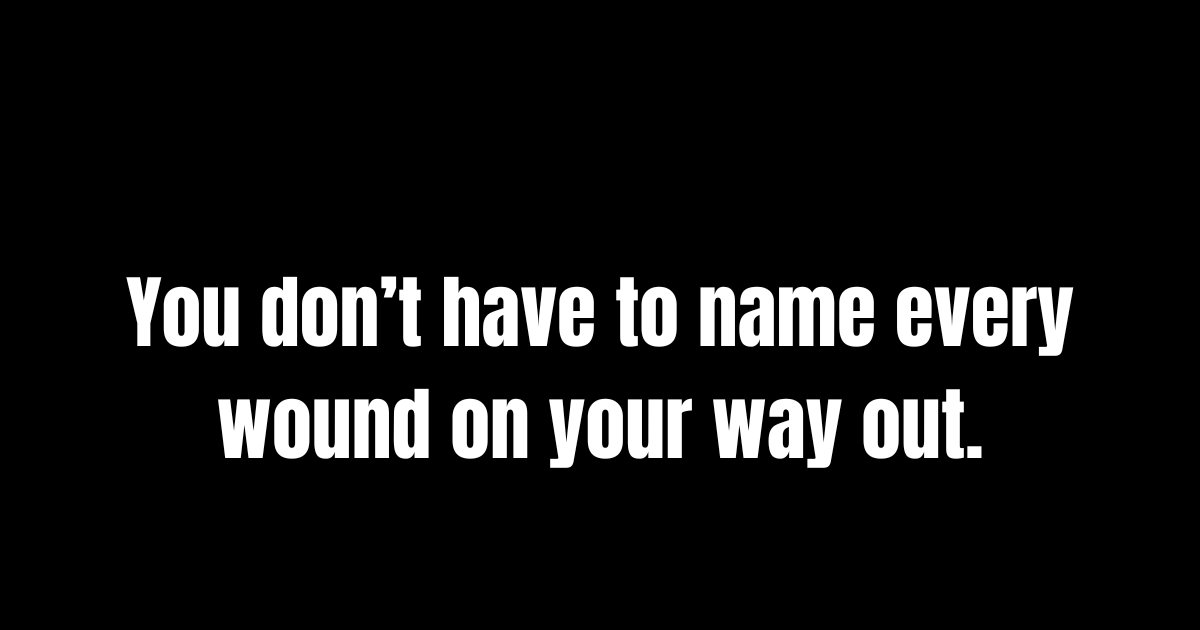
How to Leave Without Explaining Yourself
(And Why Walking Away Quietly Is Still a Complete Sentence)
There’s a moment when you know.
It doesn’t come with fireworks.
It rarely comes with clarity.
Just a still, low recognition inside your chest: you’re done here.
And almost instantly, the panic starts.
But what will they say?
What if they don’t understand?
Shouldn’t you at least try to explain?
You don’t owe an explanation but you’ve been trained to offer one.
To soften your exit.
To narrate your reasons.
To make your leaving more comfortable for the ones being left behind.
The Pressure to Justify Isn’t About Clarity. It’s About Control
When you leave, it creates space.
Space for confusion.
Space for people to form their own stories about why.
And that’s the hardest part, isn’t it?
You want to manage the narrative.
You want to control how they think of you after you go.
You want them to know you weren’t cruel. That you tried. That you stayed longer than you should have. That it hurt.
You want to leave with grace, with context, with honour.
But sometimes, the only way to leave cleanly is to leave quietly.
Without the extra paragraph.
Without the over-explaining.
Without the emotional labour of making it easier for the other person to process.
Because truthfully?
They may never understand anyway.
And it’s not your job to make them.
You’ve Already Explained Yourself. Many Times. In Many Ways
Through your tone.
Through your silence.
Through the hundreds of small compromises that no one else noticed.
You stayed after the first red flag.
You gave the benefit of the doubt.
You showed up when you were tired, apologised when you were hurt, held space when no one was holding it for you.
Your leaving isn’t sudden.
It’s cumulative.
So if someone says they didn’t see it coming, that’s not your fault.
It’s just the result of them never asking why you stopped shining around them.
Leaving Doesn’t Make You Harsh. It Makes You Honest
We’ve been told that staying is virtuous.
That good people don’t walk away.
That loyalty matters more than peace.
But there is nothing noble about staying in a dynamic that slowly hollows you out.
There is nothing kind about abandoning yourself to protect someone else’s comfort.
Sometimes, the most honest thing you can do is leave the space you no longer fit into.
Not because you don’t care.
But because you finally do.
Because you’ve remembered that your presence is not an obligation.
It’s a gift.
And it’s not owed to those who mishandled it.
You Don’t Need to Write a Monologue. Your Absence Will Say Enough
We think closure requires conversation.
But often, what we really mean is: “I want them to validate why I had to go.”
Sometimes they will.
Often they won’t.
And you can’t wait for agreement to start reclaiming your peace.
Walking away doesn’t have to be poetic.
It doesn’t need a full circle moment.
It doesn’t require applause or mutual understanding.
It can be quiet.
Incomplete.
Unresolved.
And still right.
If It No Longer Feels Like You Belong There, You Don’t
That’s the real truth.
If the dynamic requires you to shrink, perform, apologise, translate yourself constantly then it’s not abandonment to leave. It’s alignment.
You don’t have to name every wound on your way out.
You don’t have to prove that it was hard.
You don’t have to make it digestible for the people who benefited from you staying small.
You are allowed to leave without the press release.
Even if you loved them.
Even if they’re not a bad person.
Even if nothing “happened.”
Even if you're still figuring out who you are without them.
Leaving Isn’t the End. It’s the Refusal to Keep Going in the Wrong Direction
You’re not disappearing.
You’re returning.
To yourself.
To your voice.
To the parts of you that don’t need to translate their pain into something palatable just to be heard.
You’re not required to explain your exit to anyone who didn’t listen to your presence.
And you don’t owe closure to the places that never offered you clarity when you needed it most.
Let your leaving be quiet.
Let it be firm.
Let it be yours.
Watch Next:
Notes to Self:
Read Next:
